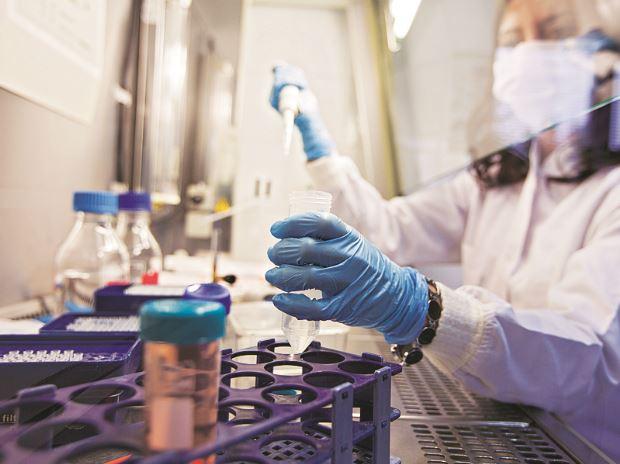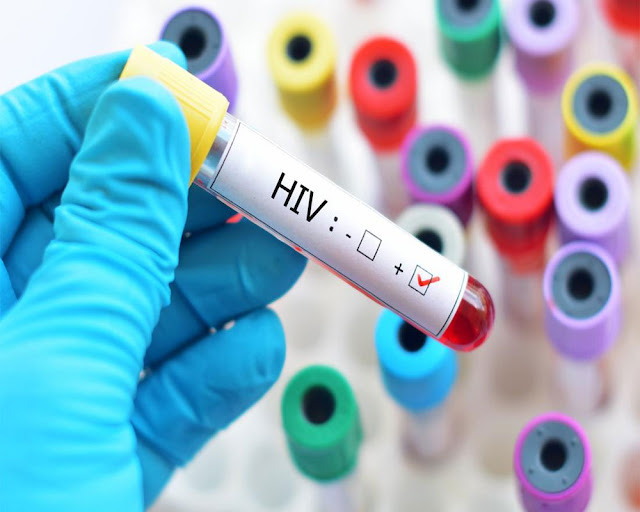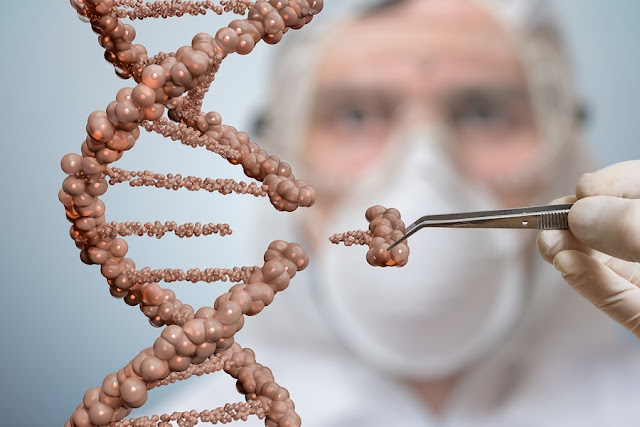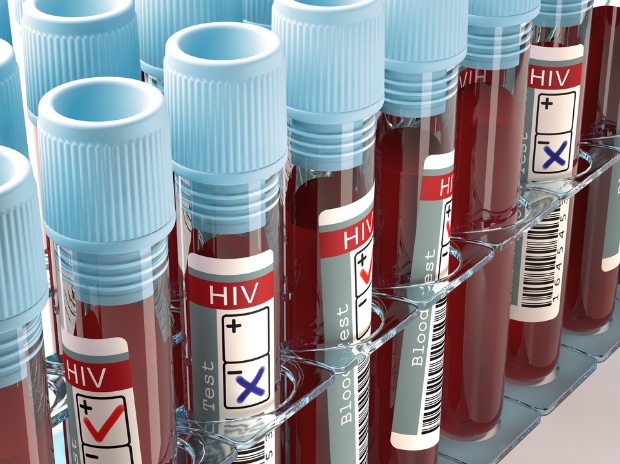A cure for HIV? Case studies show feasible treatments not yet realised

This week a team of scientists and physicians from the U.K. published news of a second HIV positive man, in London, who is in long-term (18-month) HIV remission after undergoing treatment for Hodgkins lymphoma. The unexpected success has launched a new round of discussion about a potential cure for HIV. Since 2008, scientists have been trying to replicate the treatment that cured the “Berlin patient” of HIV. At the time, many in the field of HIV research were excited to learn that this man, who tested positive for the human immunodeficiency virus in Berlin and had recently undergone treatment for acute myeloid leukemia, appeared to have been cured of his HIV. Until now, success in replicating that cure has been limited. What is HIV? HIV is the virus that causes AIDS . Since the virus was first discovered in the 1980s, more than 75 million people worldwide have been infected with HIV. Today, almost 37 million people live with HIV. Of these, about 1.1 million live in the U.S....





